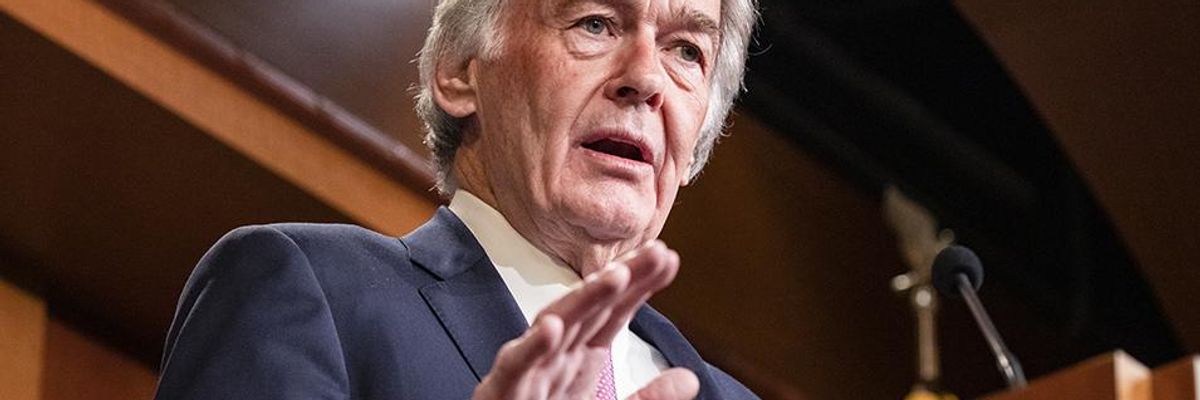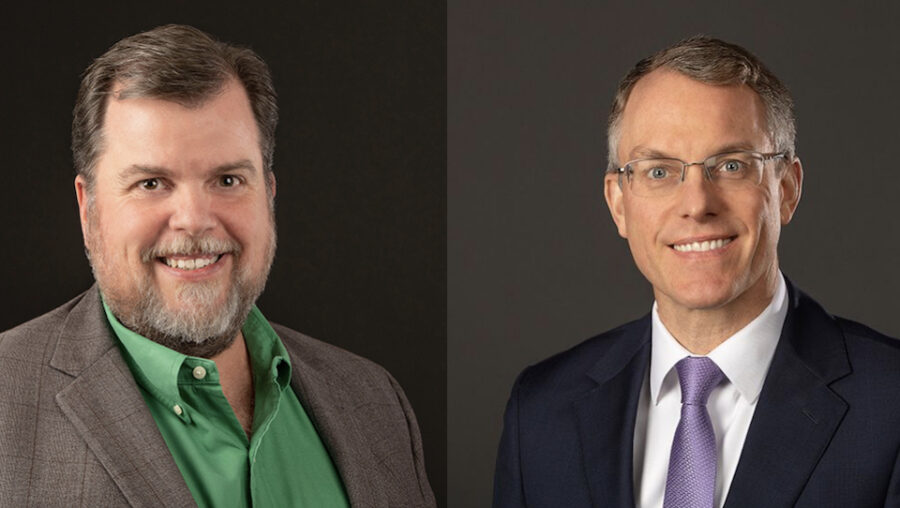Pence, Potential '24 Candidate, Floats Some Privatizing of Social Security
By Solange Reyner | Friday, 03 February 2023 - NEWSMAX
Former Vice President Mike Pence, who has been quietly huddling with donors and building a political operation ahead of a potential 2024 White House run, on Thursday floated reforming Social Security and instituting private saving accounts for recipients.
"There are modest reforms in entitlements that can be done without disadvantaging anybody at the point of the need," Pence told an audience at the National Association of Wholesaler-Distributors summit in Washington, D.C., according to a video of the speech obtained by the Democratic tracking group American Bridge 21st Century.
"I think the day could come when we could replace the New Deal with a better deal — literally give younger Americans the ability to take a portion of their Social Security withholdings and put that into a private savings account."
Former President Donald Trump in January warned against cutting funding for the program, saying "under no circumstance should" lawmakers vote to "cut a single penny from Medicare or Social Security."
Pence at the event suggested the idea in terms of cutting into the federal debt.
"It's absolutely essential that we generate leadership in this country that will be straight with the American people, that will take us off this trajectory of massive debt that we're piling on the backs of those grandchildren," Pence said.
Some Republicans have floated the idea of slashing some domestic programs, including the major entitlements, to lower the federal debt.
House Speaker Kevin McCarthy this week said every program will be scrutinized for potential cuts, including defense.
"I want to make sure we're protected in our defense spending, but I want to make sure it's effective and efficient," McCarthy during an appearance on CBS. "I want to look at every single dollar we are spending, no matter where it is being spent."

















